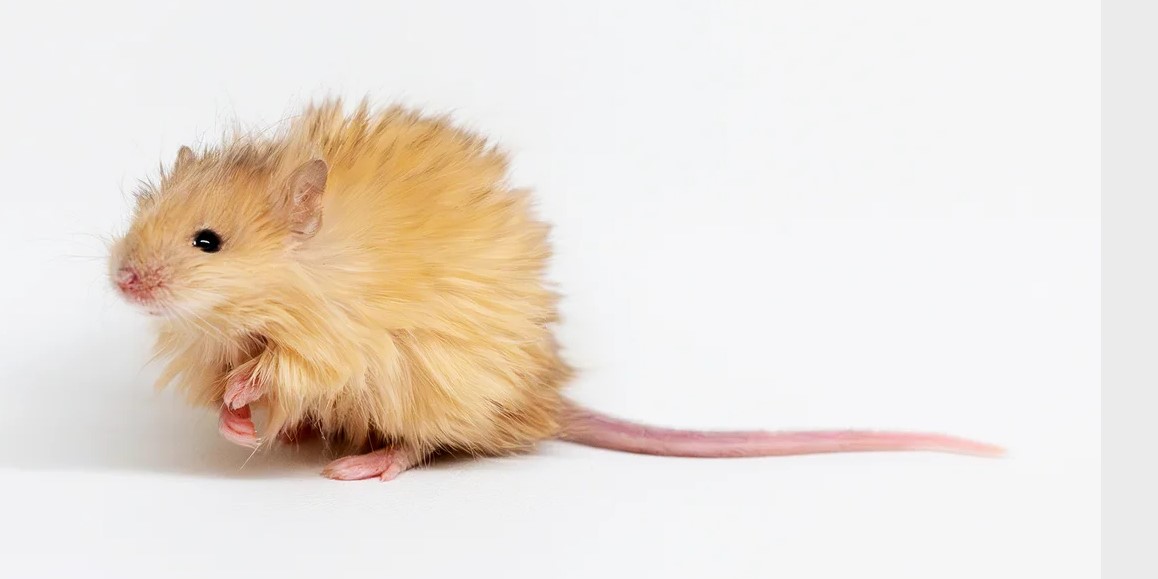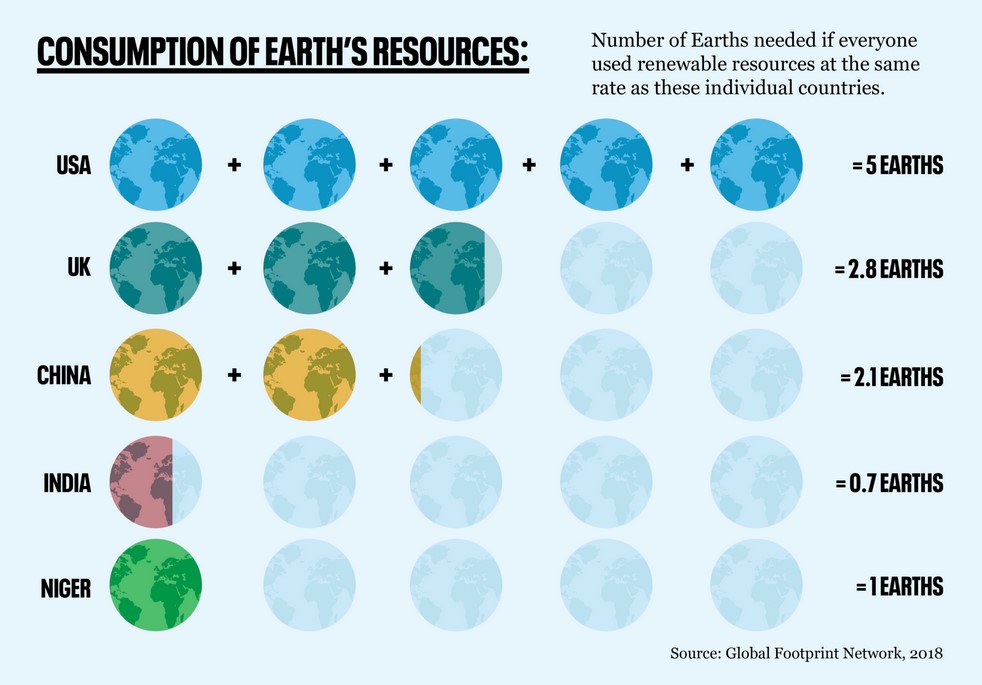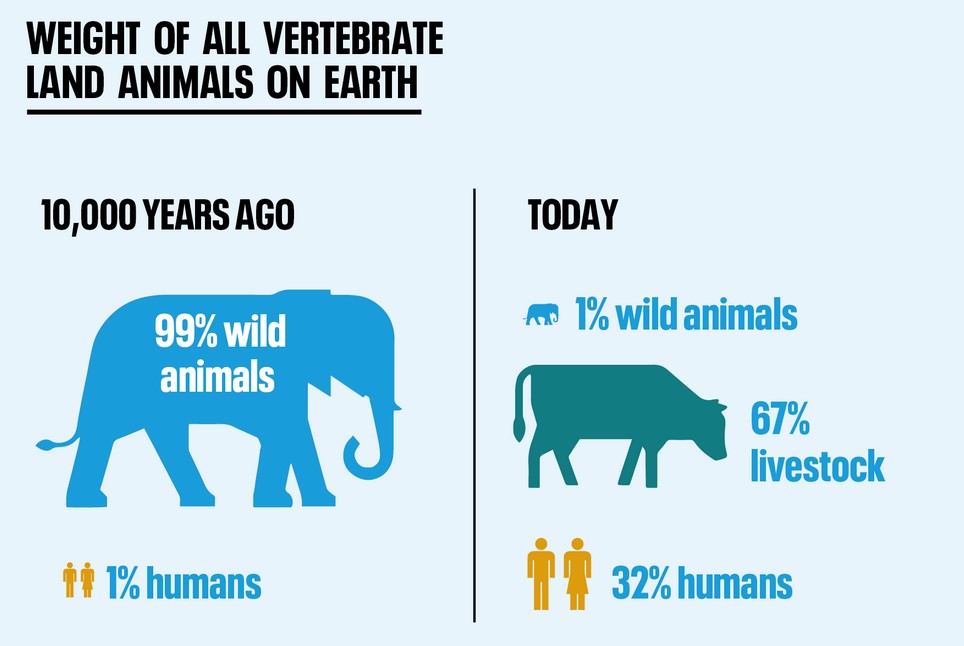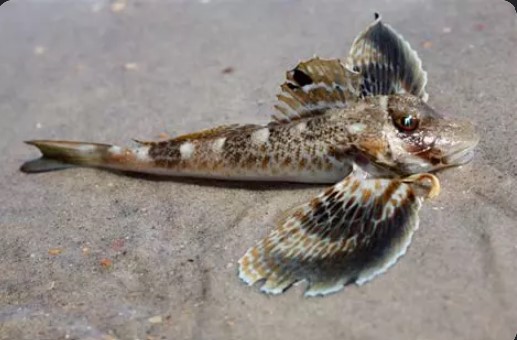There was an informative chart from NPR. The chart pointed out that a frequent pattern was the reduction in package size as a means of not raising prices. Mariner’s local supermarket also reduced options among items by taking more expensive brands off the shelf. Interestingly, the manufacturing sector distributed their goods to fewer but larger retailers. For example, mariner can no longer find Lipton decaffeinated instant tea in his county but it is still available online at Walmart.
Now he can no longer find Planters Honey Roasted mixed nuts. Mariner often has expressed concern about the future of storefront economy. He described in his home town the disappearance of a dozen stores, some were large corporations, – thereby reducing town domestic product to virtually nothing. Grocery stores are gone, pharmacies are gone, 5&10 store is gone, numerous restaurants are gone, hardware store is gone, car dealerships are gone. One is lucky to have a job less than 20 miles away.
Converts will say, “Poo!” It’s easier to call Walmart or Amazon with our smartphone. Thinking of smartphones, how many old timers realized the precedent that was set when a simple telephone allowed a person to speak to an artificial human being instead of having an interpersonal experience that sustained community society? “Well, it’s easier than harnessing the horse!” Today, that “human voice” can’t be guaranteed to be real – even if you see them on a screen.
Tribes, extended families, individual skills, community-based cultures soon will no longer exist unless they match Google’s data bank of common values – which is an oxymoron.
Perhaps mariner is old fashioned.
Armageddon progresses.
Ancient Mariner




